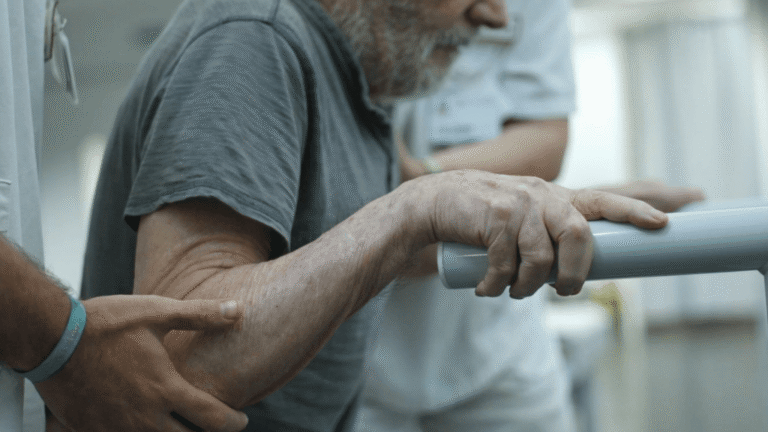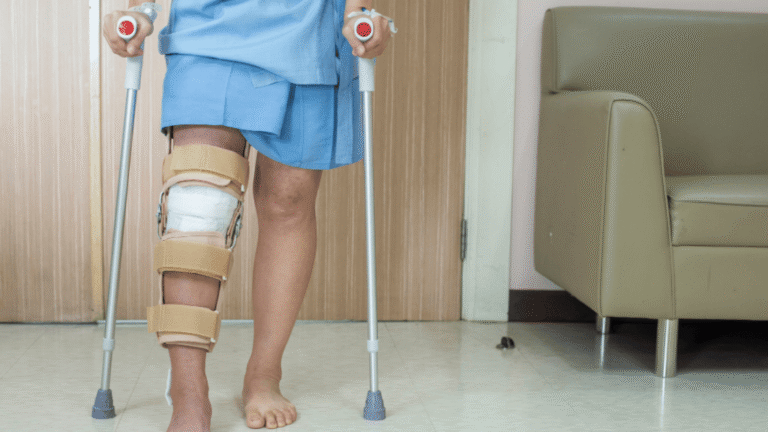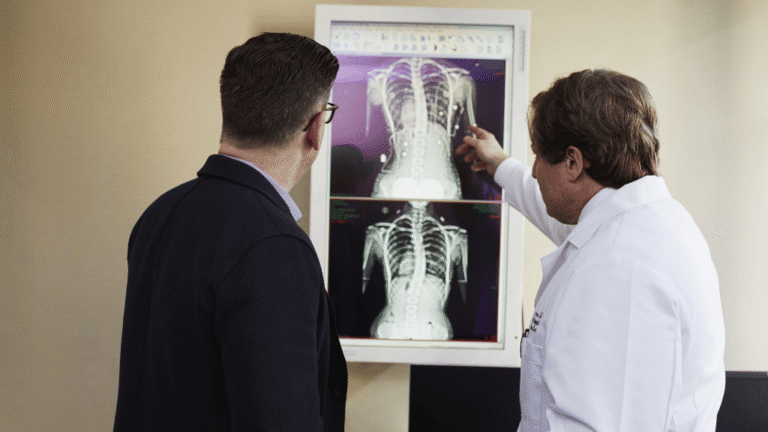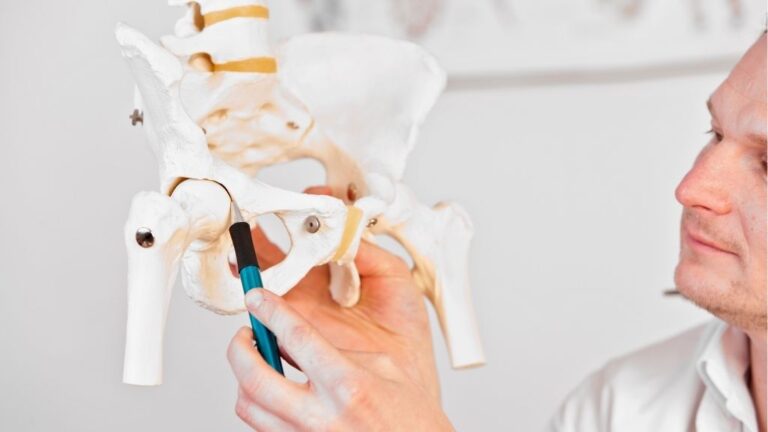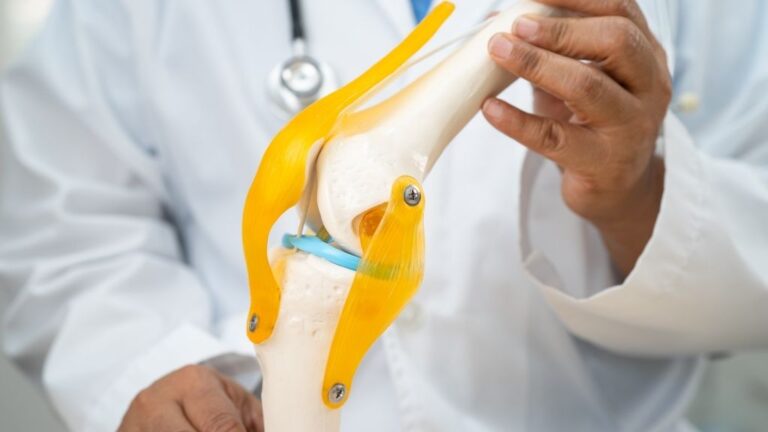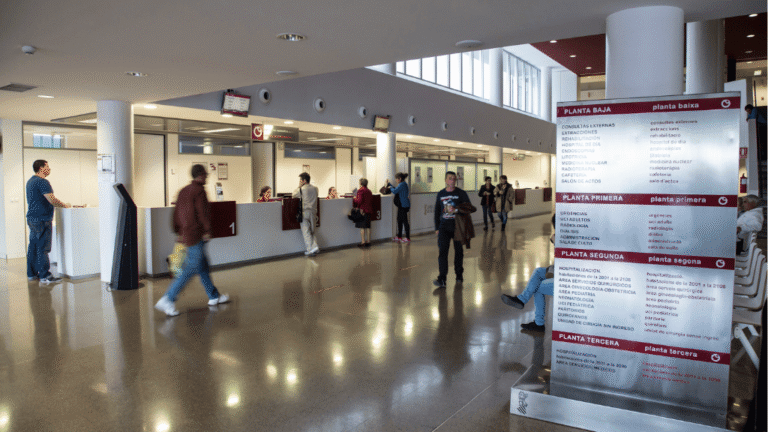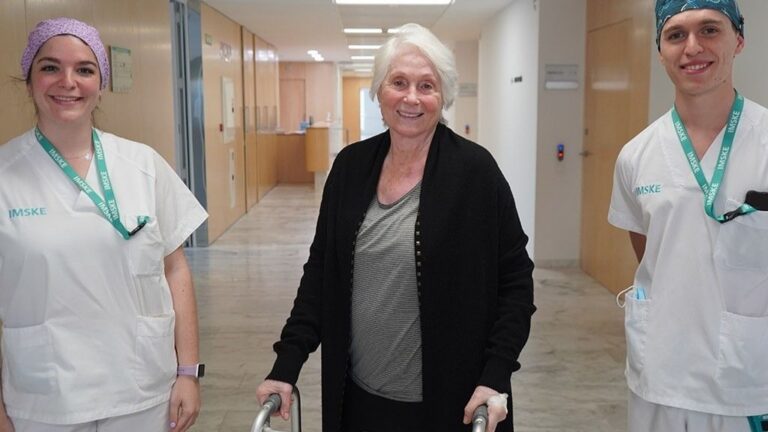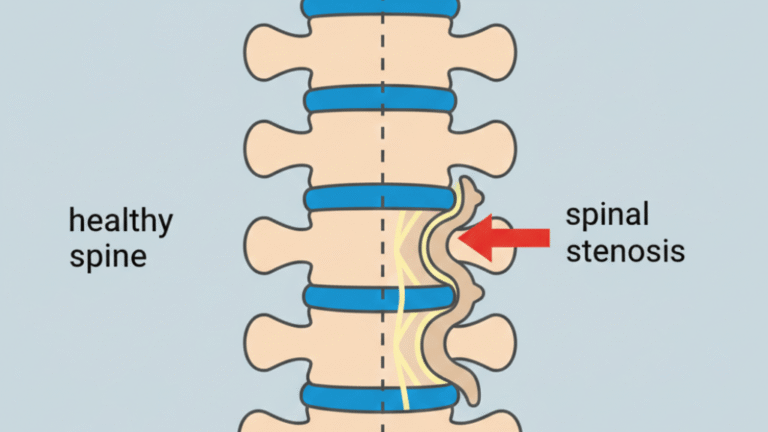Hernias are among the most common medical conditions. While often considered minor at first, they can significantly affect quality of life if not properly treated. At Ribera Care International, we provide you with extensive and detailed information on what hernias are, how to identify them, their causes, available treatments, and practical recommendations to prevent and treat them effectively.
To learn more about available treatments, the most advanced surgical techniques, and the recovery process, we invite you to visit our dedicated pages on umbilical hernia surgery and inguinal hernia surgery. At Ribera Care International, we treat various types of hernias — umbilical, inguinal, femoral, incisional, and more — using minimally invasive techniques such as laparoscopy for a faster and safer recovery.
Our General Surgery specialists will support you from diagnosis through post-operative follow-up, offering personalized care based on the highest medical standards.
What Exactly Is a Hernia?
A hernia occurs when an internal organ or tissue, such as the intestine, protrudes through a weakened area or opening in the abdominal wall. This condition can appear in different regions, most commonly in the inguinal, umbilical, femoral, or upper abdominal areas.
Hernias may develop gradually, often with no clear symptoms at first, but over time they can become uncomfortable or even painful.
Most Common Types of Hernias
- Inguinal hernia: The most common type, primarily in men, where tissue or intestine bulges into the groin area.
- Umbilical hernia: Common in babies and pregnant women, but can also affect older adults and people with excess weight.
- Femoral hernia: More frequent in women and can become complicated if left untreated.
- Incisional hernia: Occurs after previous abdominal surgery.
- Hiatal hernia: When part of the stomach pushes into the chest, causing significant digestive issues.
Why Do Hernias Occur? Key Factors
Hernias occur due to a weakness in the abdominal wall that allows internal tissues to protrude. Factors that increase the likelihood of developing a hernia include:
- Excessive weight lifting or repetitive physical strain: Common in manual laborers or athletes.
- Overweight or obesity: Extra weight increases abdominal pressure, weakening the muscle wall.
- Pregnancy and multiple births: Significantly increase abdominal pressure.
- Aging: Natural tissue weakening raises hernia risk.
- Chronic coughing or constipation: Constantly increases abdominal pressure.
How Do I Know If I Have a Hernia? Key Symptoms and Warning Signs
Early detection is crucial to avoid complications. Watch out for the following symptoms:
- A visible bulge or lump, especially in the groin or abdomen.
- Discomfort or pain that worsens with physical effort or coughing.
- A sensation of heaviness or pressure in the affected area.
- Persistent abdominal pain or discomfort that worsens after exertion.
- Digestive symptoms like nausea or ongoing constipation.
If you notice these signs, seek medical evaluation promptly.
Effective Hernia Treatment at Ribera Care International
At Ribera Care International, we offer advanced and safe hernia treatments, especially through minimally invasive techniques like laparoscopic surgery, which provides major benefits:
- Faster, less painful recovery
- Lower post-operative complication rates
- Minimal scarring
In each procedure, our specialists typically place a surgical mesh to strengthen the abdominal wall and prevent future recurrences.
Interesting Facts and Scientific Data About Hernias
- Approximately 27% of men and 3% of women will develop an inguinal hernia at some point in their lives.
- Recent studies show that laparoscopic techniques result in fewer complications and significantly lower recurrence rates compared to traditional open surgery.
- Umbilical hernias are more common in women post-pregnancy due to natural abdominal muscle weakening.
- Laparoscopic surgery has been shown to reduce recovery time and infection risk by up to 50% compared to traditional methods.
Practical Tips to Prevent Hernias
While not all hernias can be prevented, certain habits significantly reduce the risk:
- Maintain a healthy weight through a balanced diet and regular exercise.
- Strengthen abdominal muscles with proper and supervised exercises.
- Avoid lifting very heavy objects, or lift properly using your legs, not your abdomen.
- Treat medical conditions that increase abdominal pressure, like chronic coughing or constipation, promptly.
Why Choose Ribera Care International for Your Hernia Surgery?
Choosing us means choosing:
- A highly specialized and recognized medical team
- Use of advanced technologies in laparoscopic surgery
- Personalized, comprehensive care tailored to each patient
- Strict quality and safety protocols for optimal outcomes
If you suspect a hernia or already have a diagnosis, Ribera Care International is ready to offer effective and tailored solutions. Don’t let a hernia impact your quality of life. Contact us through this form and take the first step toward recovery with the confidence of being in expert hands.
Frequently Asked Questions About Hernias and Their Treatment
How do I know if I really have a hernia?
The most common symptom is a visible lump in the abdomen or groin, often accompanied by discomfort or pain, especially during physical activity. A proper diagnosis requires evaluation by a medical specialist.
Can hernias heal without surgery?
In most cases, hernias do not go away on their own and require surgical repair. While some mild symptoms may improve temporarily, surgery is usually the only definitive solution.
What type of anesthesia is used for hernia surgery?
Depending on the hernia type and patient condition, local, regional, or general anesthesia may be used. At Ribera Care International, our specialists will determine the safest and most comfortable option for your case.
Can I play sports again after hernia surgery?
Yes, but after a recovery period that varies depending on the type of hernia and surgery. Generally, you can resume light exercise within 4 to 6 weeks, with gradual progression under medical supervision.
Can hernias be prevented?
Not always, but maintaining a healthy weight, avoiding excessive physical strain, and strengthening abdominal muscles reduces the risk significantly.

